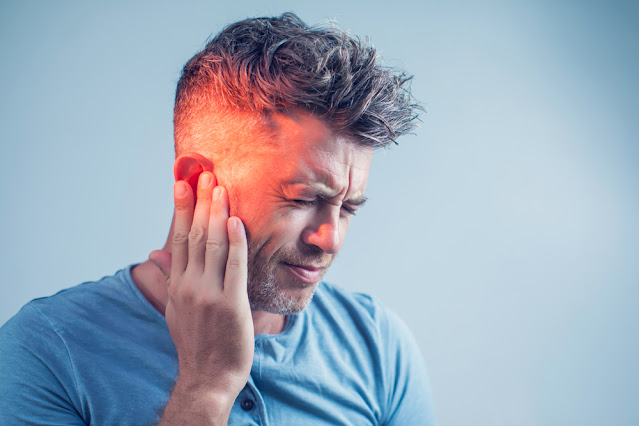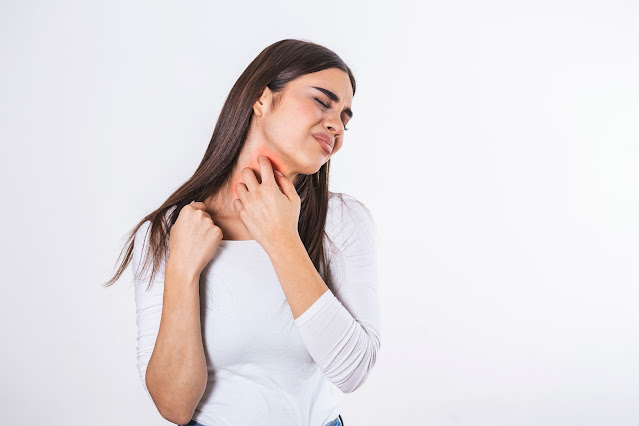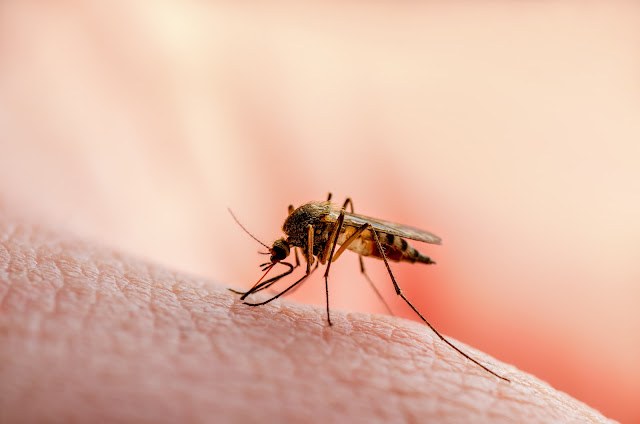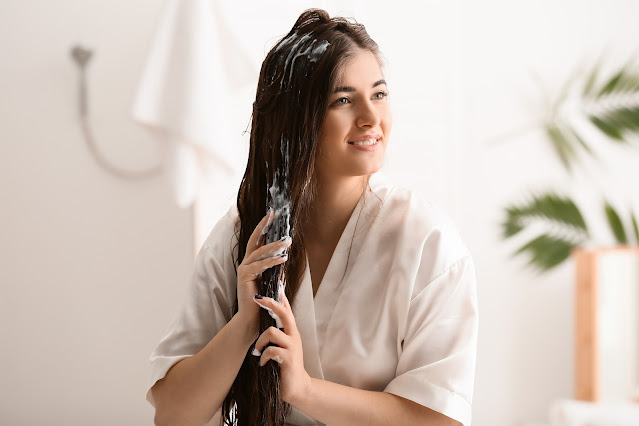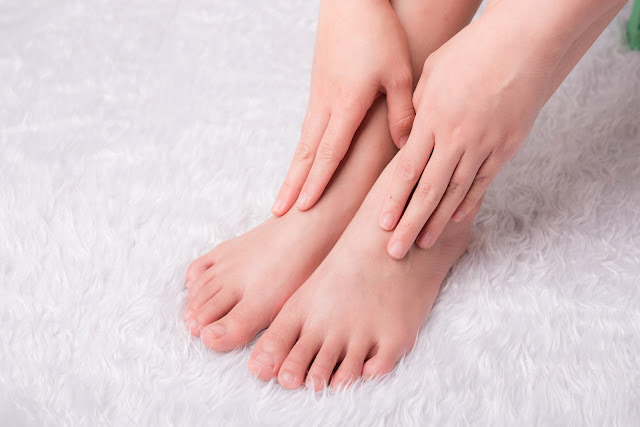How to Choose & Properly Apply Hand Sanitiser?
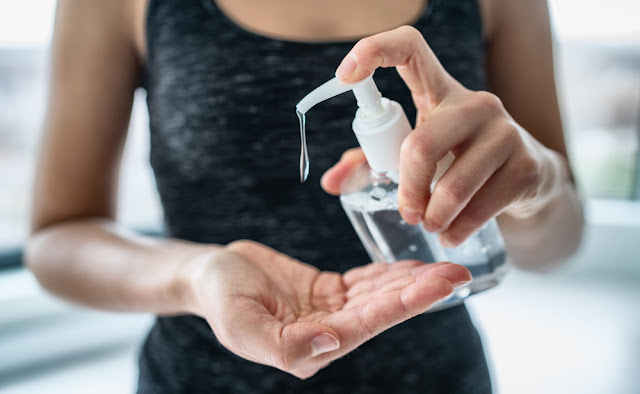
We already know the importance of hand sanitiser after having lived through the pandemic. And what with all the new strains of coronavirus, and not to mention the monkeypox virus on the horizon, we must be up to par with our hand hygiene. So here are some reminders on how to properly use a hand sanitiser to keep viruses at bay. · Choose a hand sanitiser that’s alcohol-based, preferably with an alcohol concentration of 60 to 95%, as it has higher germ-killing efficiency. A concentration of more than 95% isn’t effective since alcohol requires a specific volume of water to denature or break down microbes. · However, while a 60% concentration of alcohol-based sanitiser works well against common viruses, it cannot protect you from certain types of germs like the Cryptosporidium parasite or the highly contagious and potentially fatal norovirus. Also, it can’t protect your hands from harmful chemicals, which require proper washing with soap and running water immediately upo


